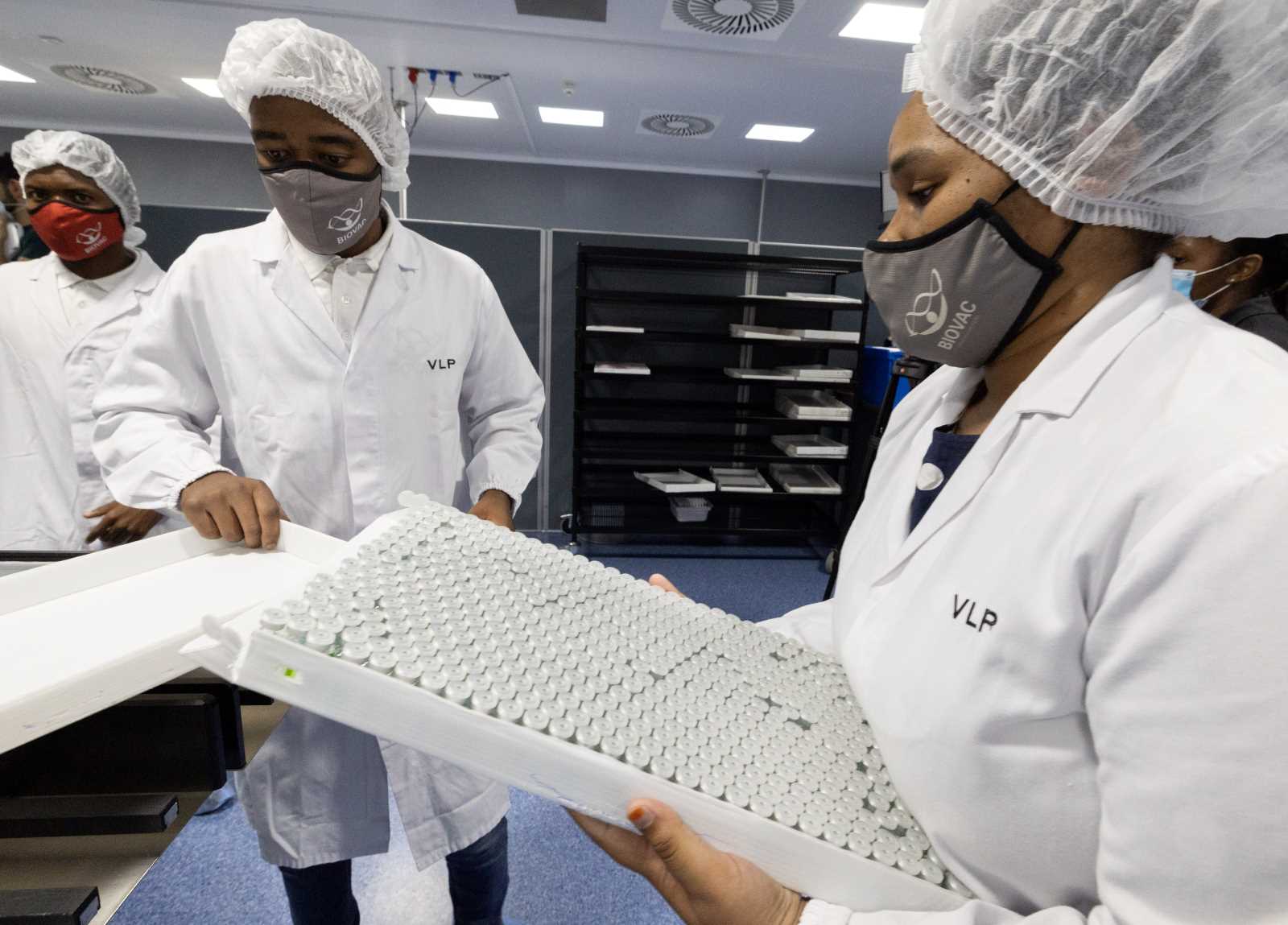
Senegal is embarking on a transformative journey to reduce its reliance on imported medicines and vaccines by building a domestic pharmaceutical industry.
This ambitious project, now grounded in a detailed roadmap and a strategic partnership with Egypt, aims to position Senegal as a producer rather than just a consumer of essential medical products by 2032.
At the inauguration of the Pasteur Institute’s vaccine hub in Diamniadio last December, President Diomaye Faye highlighted Africa’s critical dependence on imports: “Only 1% of vaccines, 5% of diagnostic tests, and 30% of medicines are produced locally,” he noted, underscoring the continent’s vulnerability to supply disruptions.
Led by Dr. Seydou Diallo, Director General of the National Supply Pharmacy (SEN-PNA), Senegal’s pharmaceutical plan is a stepwise, realistic approach designed to yield tangible outcomes within the next seven years.
The initiative took concrete shape during the African Health Excon Forum in Cairo in June 2025, where SEN-PNA’s delegation engaged over 175 public and private producers.
The collaboration centers on technology transfer, local manufacturing, and logistical control of critical medicines, with Egypt’s extensive experience in generic drug production serving as a crucial asset.
The phased program begins with the launch of a secondary repackaging unit by the end of 2026, enhancing quality control and traceability of imported drugs.
By 2028, three manufacturing lines producing tablets, oral solutions, and effervescent tablets will be operational.
Local syrup production will follow in 2029, injectable ampoules in 2030, culminating with the manufacture of anesthetics by 2032.
Beyond boosting healthcare access, this industrial shift promises to generate skilled jobs, attract biotech investment, and establish Senegal as a pharmaceutical hub for the region.
As Dr. Diallo emphasizes, “Health is no longer a budgetary burden but a lever for strategic development.”
If successful, Senegal’s pharmaceutical ambition could inspire other African nations grappling with similar challenges, marking a vital stride toward health sovereignty and resilience in an increasingly uncertain global landscape.



